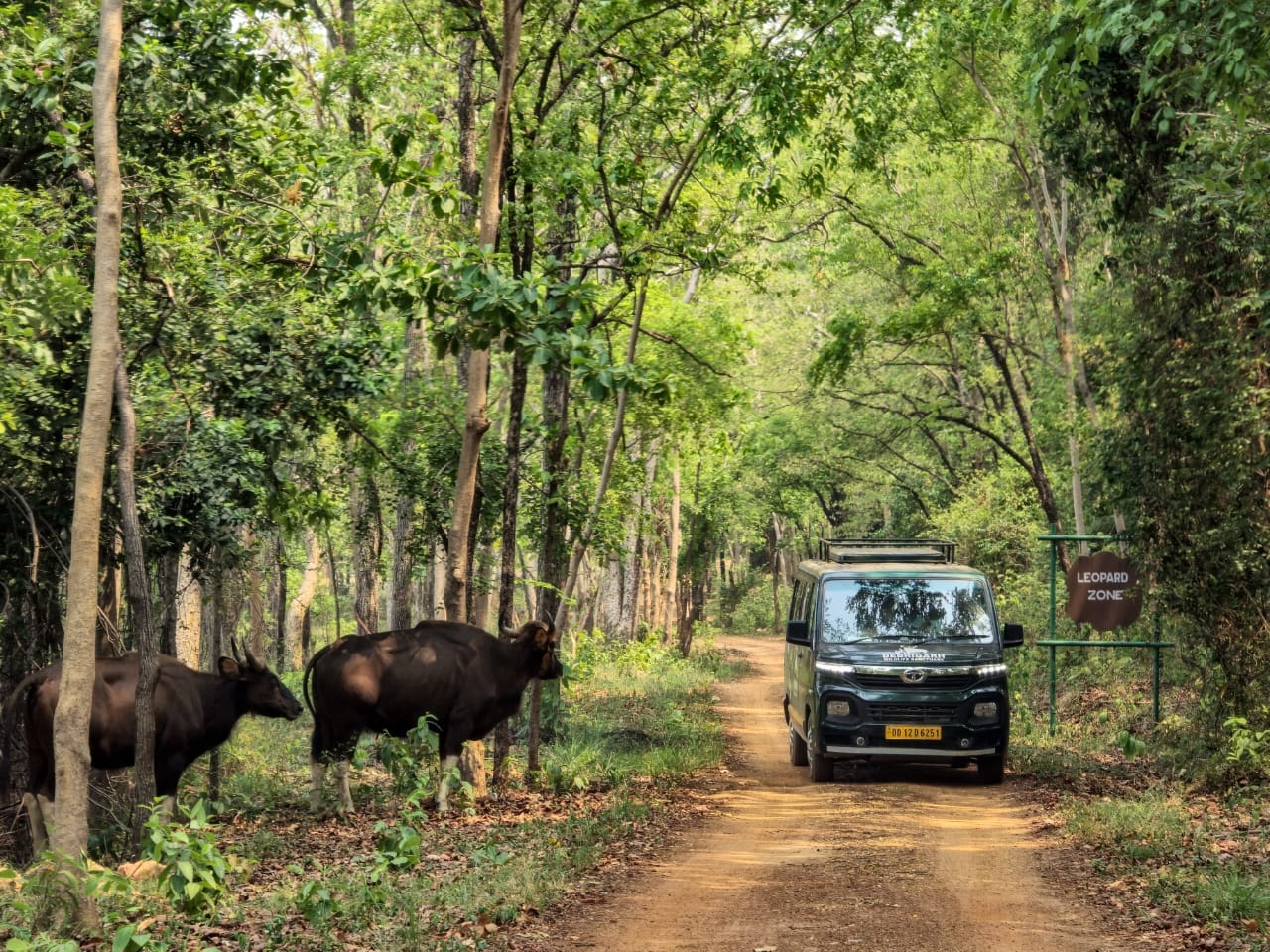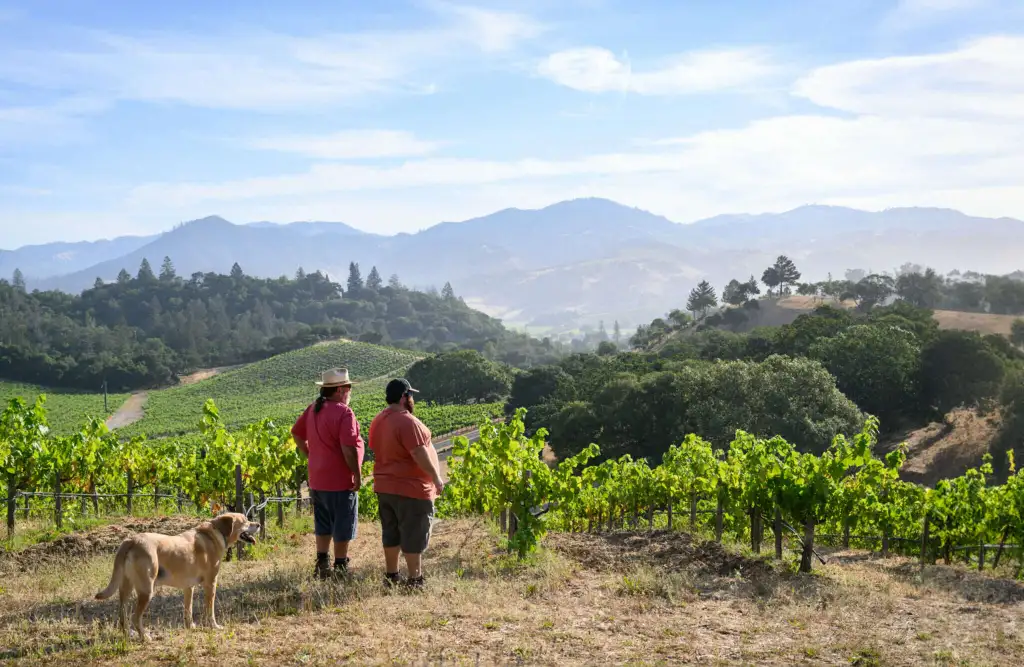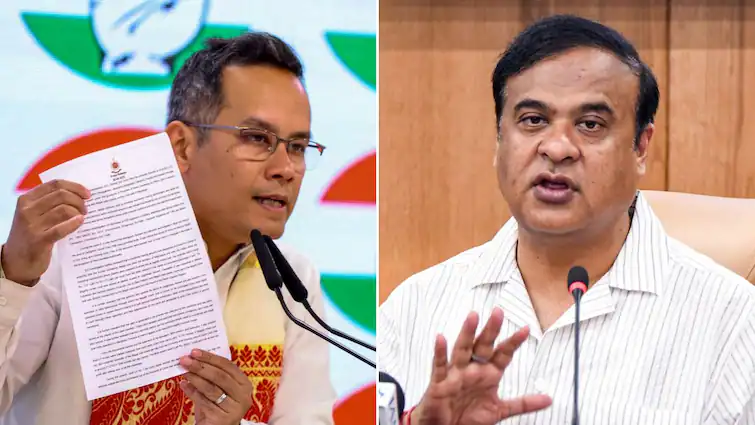By Post News Network
Copyright orissapost

ARINDAM GANGULY, OP
Bhubaneswar: As we celebrate World Tourism Day, Saturday, with this year’s theme ‘Tourism and Sustainable Transformation’, Odisha is trying to emerge as a frontrunner in promoting tourism that is environmentally responsible and economically inclusive. The state’s efforts reflect a larger global shift: From revenue-oriented tourism models toward those that protect ecosystems, empower communities, and preserve cultural heritage. This year’s theme urges all stakeholders — governments, tourists, businesses, and local communities — to rethink how tourism can serve as a vehicle for sustainability and transformation. Odisha is aligning its tourism vision with these goals, aiming to position the sector as both a conservation tool and a development engine.
Focus on sustainability Noted environmentalist JK Panigrahi set the tone for the day’s message, urging a shift in both mindset and practice. “While celebrating World Tourism Day on the theme ‘Tourism and Sustainable Transformation’, mankind needs to focus on sustainability of natural and man-made destinations with environmental consciousness,” he said. Panigrahi called for tourists to become stewards of nature, minimising environmental impact, respecting local cultures, and promoting eco-friendly behaviour. He stressed on vital practices like reducing carbon footprints, conserving water, proper waste management, and protecting wildlife habitats. While acknowledging the role of smart technologies and carbon offset initiatives, he emphasised that “above all, education for eco-friendly actions holds the key for promoting responsible tourism”. He also called upon the state government to scale up the identification and development of ecotourism hotspots with sustainability at the core.
Inclusive tourism need of the hour Environment activist Biswajeet Panda appreciated the theme’s alignment with nature-based tourism. “Nature, being a true panacea for human health, aligns perfectly with sustainable tourism practices,” he remarked. Panda said tourism should honour indigenous knowledge and tribal heritage. “For tribal communities, tourism is not just economic. It’s about respect, coexistence, and passing ancestral wisdom to the future generations in a sustainable way,” he opined. Panda called for an inclusive model, where local communities are not just beneficiaries but equal stakeholders in planning and profits. “Ecotourism must have community participation at its core. Skill training, eco-friendly infrastructure, and fair revenue sharing will protect their rights and dignity,” he added.
Draft Ecotourism Policy: A landmark shift
State government’s recently unveiled Draft Ecotourism Policy 2025 underscores its commitment to a long-term transformation of the tourism sector. A key provision states that no new accommodation will be routinely developed within forests or protected areas. Only day tourism will be permitted after strict environmental feasibility assessments in line with MoEF&CC, NTCA, and the Forest (Conservation) Amendment Act, 2023 guidelines. Where conflicts emerge between tourism and conservation priorities, wildlife protection and biodiversity preservation take precedence. The policy emphasises low-impact, immersive experiences that promote nature education, cultural heritage, and sustainable livelihoods. To build long-term capacity, the government is also proposing a centre of excellence (CoE) for responsible tourism, involving local communities, agencies, and private players in sustainable practices. “Odisha’s vision is already being realised through ground initiatives. Leading the way is Debrigarh Wildlife Sanctuary, soon to be declared India’s newest tiger reserve. With over Rs 5 crore in tourism revenue and 85,000 annual visitors, Debrigarh is a beacon of community-led conservation. It is India’s most successful ecotourism destination,” said Hirakud Wildlife Division DFO Anshu Pragyan Das.
“Over 100 members from forest-dependent communities, including 40 per cent rural women, are directly earning their livelihood through various ecotourism initiatives,” she added. The sanctuary has also become a hub for dark sky tourism, eco-stays, kayaking, cycling trails, island cafes, and community interaction zones. For the first time in Odisha, wild dog pairs were sighted by tourists in 2025, indicating a recovering ecosystem. Two tribal women have made history by becoming Odisha’s first female safari drivers in this sanctuary. “Debrigarh is a model of conservation-linked livelihoods,” Das said, adding, “We are integrating historical heritage, wildlife, and innovation to create a sustainable tourism model.”
Caution and inclusion
With around 31 per cent forest cover, Odisha is home to an impressive array of flora and fauna, including 86 species of mammals, 473 species of birds, 110 species of reptiles and more than 3,000 plant species. Its ecological treasures include two national parks, 19 wildlife sanctuaries, two tiger reserves, wetlands, mangroves, and turtle nesting grounds. While progress is evident, experts like Tushar Dash, a forest rights expert, have urged policymakers to address the contradictions in ecotourism development. “Forest dwellers are not just stakeholders — they are right holders central to the ecosystem and must be given priority,” Dash said. He warned that ecotourism projects often ignore community rights and risk ecological damage.
“The first step should be to recognise and secure the rights of forest communities, engage them meaningfully, and plan development with and around them — not despite them,” he said. Noted conservationist and Sangram – an organisation working for Similipal conservation – Chairperson Sanjukta Basa said ecotourism development can serve a dual purpose – conservation and community development. She emphasised that the local community should be actively involved, as they are heavily dependent on the forest for their livelihood. World Tourism Day 2025 is not just a symbolic observance for Odisha. It marks a paradigm shift in how the state envisions its future — one where nature, people, and prosperity co-exist harmoniously. With a clear policy framework, grassroots participation, and pioneering initiatives like Debrigarh, Odisha is showing that sustainable tourism is not a dream — it is a living reality.
Odisha’s No. 1 trusted English Daily Newspaper.



